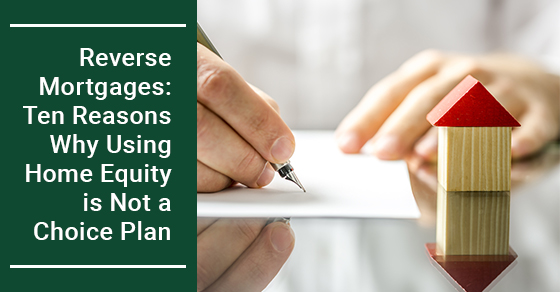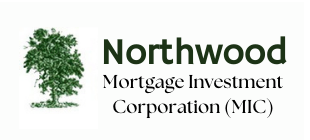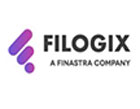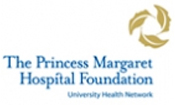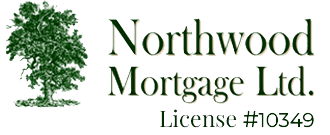Reverse mortgages exalted as a new source of income for baby boomers are far from a choice retirement plan, despite a guaranteed income. It is a financial obligation in which a homeowner relinquishes equity in their home to a reverse mortgage provider, in exchange for regular cash payments, usually to bolster retirement income.
Undeniably, taking out a reverse mortgage seems logical for retirees who are house-rich, but cash or cash-flow poor. As with all financial tools, it’s imperative that you are aware there are numerous reasons to justify why using home equity is not a choice plan. The following ten reasons should compel you to analyze your options and the potential consequences of a reverse mortgage.
1. Your loan is capped
Your reverse mortgage will be capped at 55 percent of the value of your house. It is dependent on your age, your stake in equity, the appraisal and location of your home, and current interest rates, thus complicating issues.
2. You must reside in the home
As long as you reside primarily in your home, you are not required to pay your loan back. If you relocate to an assisted-living facility or if you intend to move elsewhere, the balance of your reverse mortgage loan becomes due. This is valid even if you are not selling the home.
3. Achieving a quick move is costly
If health concerns or other unforeseen reasons warrant an abrupt leave of your home, a reverse mortgage is unwise — high up-front costs, indicative of short-run actions, deeming this type of loan economically speculative. Fundamentally, as a homeowner, precipitously vacating or selling your property requires that you have six months to repay the loan.
4. Interest is accrued
Although your home may be appreciating in value, which negates some interest costs coupled with a loss of equity, the accumulation of interest amplifies expeditiously. An anticipated interest of 6.34 percent is compounded semi-annually on your reverse mortgage loan.
5. Heirs pay
In the event of death, the amount you borrowed, along with interest, is due. If you desire your heirs retain the home, you’ll need to consider how to repay the reverse mortgage without selling. Heirs may opt to sell the home to pay off the loan balance or use personal funds to compensate for the debt.
6. You may not want to stay in your home
The golden years are not always so shining when approaching day-to-day life activities in your home. House maintenance and physical limitations may compel you to move. Quite frequently, even if you sell the house, it does not guarantee enough money to cover end-of-life health-care costs. Ultimately, staying in your home may not be the smartest financial decision if moving to a smaller home costs considerably less.
7. Interest continues to accrue
A reverse mortgage is synonymous with accumulating interest. The lender charges you a premium on your loan balance that you continue to carry forward year after year. If you do not pay down your balance, it will substantially escalate.
8. Stringent repayment rules
You will be liable to a penalty if you pass away or sell your home within three years of taking out a reverse mortgage. An estate administrator has 30 days to declare repayment on loans or plans to sell. The lender may initiate foreclosure proceedings without the implementation of a resolution.
9. There are costs to pay
A reverse mortgage eradicates your monthly mortgage payment, but property taxes, homeowners insurance, and maintenance fees remain your obligation. Additional setup costs (home appraisal fee, application fee, closing costs, etc.) can also add up and be deducted from the amount you’ll receive.
10. Lenders are limited
There are only two lenders offering reverse mortgages: Home Equity Bank’s Canadian Home Income Plan (CHIP) and Equitable Bank’s PATH Home Plan.
Our expert team at Northwood Mortgage™ has many more answers to simple or more intricate mortgage questions, and we look forward to connecting with you. As one of the most venerated brokerages in the GTA, our team exemplifies prize services and choice products to our clients, lenders, and investors alike.
We invite you to visit us for more insight at Northwood Mortgage.com or talk to us one-on-one for a more personal assessment, fitting your needs, at 1-888-495-4825.
